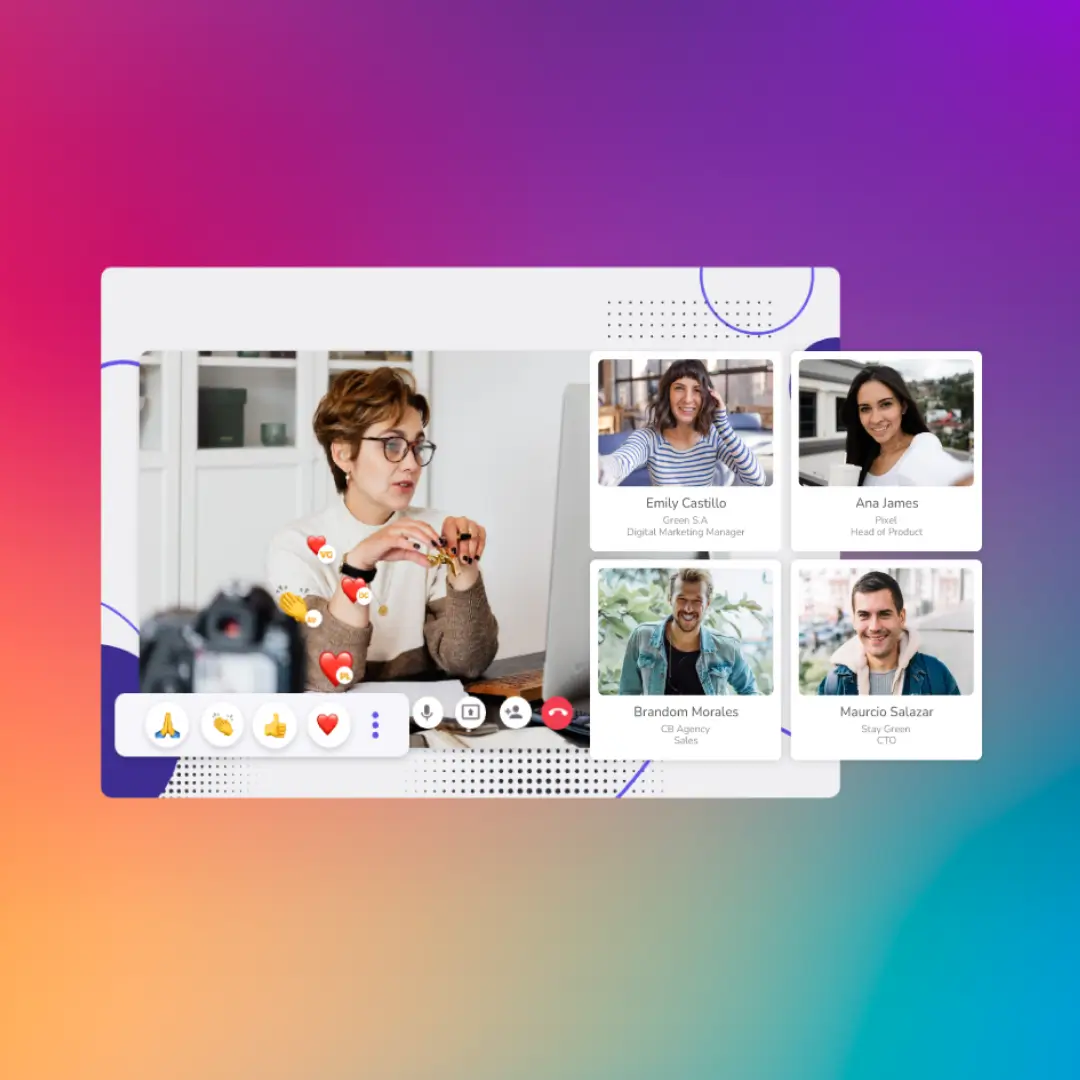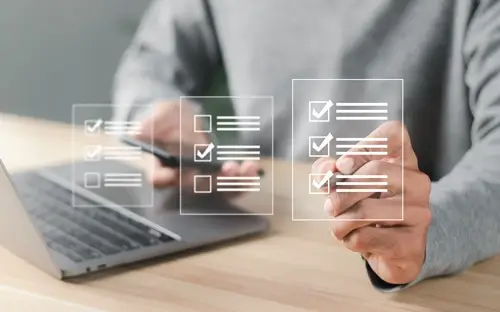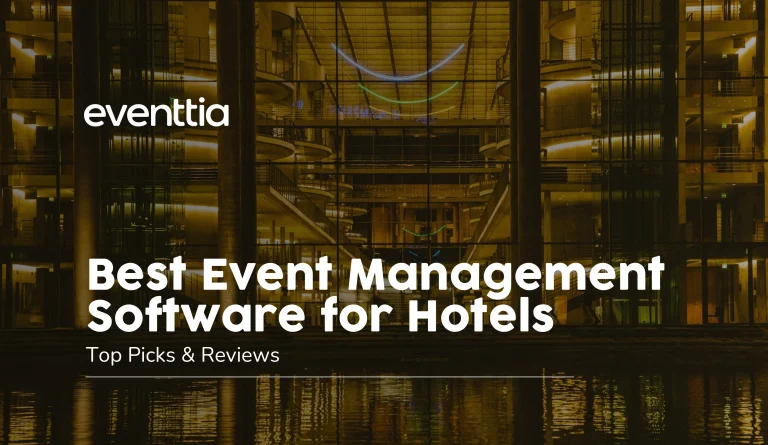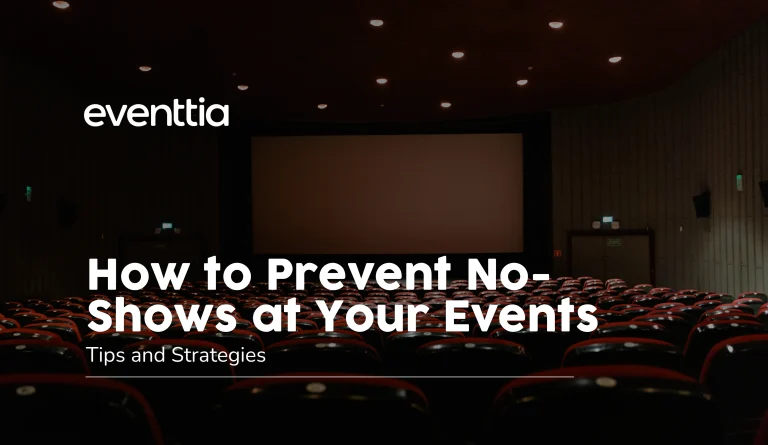From product launches and demonstrations to workshops and themed experiences, the types of in-store retail events are as diverse as the brands and industries they represent. Let’s explore some of the most common and effective types of in-store retail events and how they enhance the customer journey.
👉 Product Launch Events
Product launch events are highly anticipated occasions where brands unveil their latest products or collections to the public. These events create a sense of exclusivity and excitement, allowing customers to be the first to experience and purchase new offerings.
Product launch events often include engaging presentations, interactive displays, and interaction opportunities with brand representatives. These events generate buzz and build anticipation, driving customer interest and sales.
👉 In-store Demonstrations
In-store demonstrations provide customers hands-on experiences and in-depth knowledge about a particular product or its functionality. These events typically involve experts or brand representatives showcasing the product’s features, benefits, and usage through live demonstrations.
Customers can interact with the product, ask questions, and better understand its capabilities. In-store demonstrations build customer confidence, demonstrate product value, and help drive sales by showcasing the product’s unique selling points.
👉 Workshops and Masterclasses
Workshops and masterclasses allow customers to learn new skills or gain insights about the brand’s products or industry. These events range from DIY workshops and crafting classes to cooking lessons, makeup tutorials, or fitness sessions.
Providing educational content and hands-on experiences, workshops, and classes deepen customer engagement, establish the brand as a trusted authority, and fosters long-term relationships.
👉 Themed Experiences
Themed experiences create immersive environments that transport customers into a different world or capture a specific ambiance related to the brand’s identity or product line.
These events can include pop-up shops, interactive installations, or themed displays that align with the brand’s values, aesthetics, or target market. Themed experiences create a unique atmosphere, evoke emotions, and leave a lasting impression on customers, driving brand recognition and loyalty.
👉 Celebrity or Influencer Collaborations
Collaborating with celebrities or influencers can significantly enhance the appeal and reach of an in-store retail event. By hosting a meet-and-greet, a panel discussion, or a Q&A session with a well-known personality, brands can attract a broader audience, leverage the influencer’s following, and create a sense of exclusivity and excitement. Celebrity or influencer collaborations generate media coverage, increase social media engagement, and boost overall brand exposure.
👉 Exclusive Previews and VIP Events
Exclusive previews and VIP events cater to a select group of customers, offering them early access to new products, special discounts, or personalized experiences. These events make customers feel valued and appreciated, enhancing brand loyalty and fostering a sense of exclusivity.
By providing VIP treatment, such as private shopping sessions, dedicated styling consultations, or exclusive gift bags, brands can create memorable experiences that drive customer satisfaction and build long-term relationships.
👉 Seasonal or Holiday Events
Seasonal or holiday events align with specific occasions or festive periods, such as Christmas, Halloween, or Valentine’s Day. These events incorporate themed decorations, special promotions, and interactive activities that resonate with customers’ seasonal interests and desires.
Retailers often organize seasonal events with unique elements, like gift-wrapping stations, holiday-themed workshops, or photo booths. Seasonal or holiday events create a joyful and festive atmosphere, fostering a sense of community and encouraging customers to celebrate and engage with the brand.
👉 Collaborative Partnerships
Collaborative partnerships involve teaming up with other complementary brands to create joint in-store retail events. By combining resources, brands can provide customers with a comprehensive experience that caters to multiple interests.
For example, a clothing brand could partner with a beauty brand to host a fashion show featuring makeup collaborations and styling sessions. Collaborative partnerships expand the audience reach, enhance event offerings, and create mutually beneficial marketing opportunities for all involved brands.
👉 Product Sampling and Tastings
Product sampling and tastings allow customers to try new products, such as food, beverages, or cosmetics, before purchasing. These events provide a hands-on experience that helps customers make informed buying decisions. Brands can set up dedicated sampling stations where customers can taste or test products, providing an opportunity to gather feedback, generate interest, and drive sales.
👉 Expert Panels and Talks
Expert panels and talks bring industry professionals, influencers, or brand representatives together to share their knowledge and insights with customers. These events can cover various topics, from fashion and beauty trends to wellness or technology. Expert panels and talks position the brand as a thought leader, provide customers with valuable information, and foster trust and credibility.
👉 Customer Appreciation Events
Customer appreciation events are designed to show gratitude to loyal customers and enhance their relationship with the brand. These events can include exclusive discounts, personalized gifts, or special rewards for repeat purchases. By acknowledging and rewarding customer loyalty, brands strengthen customer retention, encourage word-of-mouth referrals, and create a positive brand image.
👉 Limited Edition or Collaborative Releases
Brands often organize in-store events to unveil limited-edition products or collaborations with other brands. These events create a sense of urgency and exclusivity, driving customer excitement and creating a buzz around the brand.
Limited editions of collaborative releases can involve special packaging, unique design elements, or joint branding efforts, attracting collectors, enthusiasts, and brand loyalists.
👉 Family-friendly Events
Family-friendly events cater to customers of all ages, providing engaging experiences suitable for families. These events can feature face painting, games, crafts, or entertainment that appeal to children and parents alike. By offering a family-friendly atmosphere, brands encourage shared experiences and strengthen their connection with the whole family unit.
👉 Customer Styling or Personal Shopping Sessions
Styling or personal shopping sessions provide customers with personalized advice and assistance in selecting products that best suit their needs and preferences. Brands can offer one-on-one consultations with stylists or personal shoppers who help customers create outfits, curate a skincare routine, or choose home decor items. These sessions enhance the customer experience, build trust, and increase customer satisfaction.
👉 Training Sessions for Providers
Provider training sessions are in-store retail events focusing on educating and training the brand’s sales associates, distributors, or other business partners. These events provide comprehensive product knowledge, sales techniques, and customer service training to ensure the brand’s representatives can effectively promote and sell the products.
Provider training sessions help align the brand’s messaging and provide a consistent customer experience across different locations or distribution channels. By empowering their partners with the necessary skills and knowledge, brands can enhance their sales performance and improve customer satisfaction.
Training sessions with providers are crucial for maintaining high standards, improving product expertise, and reinforcing the brand’s values and messaging throughout the retail network. These events may include presentations, workshops, role-playing exercises, and interactive discussions to facilitate effective learning and engagement. By investing in provider training sessions, brands demonstrate their commitment to excellence and foster strong partnerships with their sales channels.
Wrap-up
In-store retail events encompass multiple strategies that enhance the customer journey and drive engagement. From product launches and in-store demonstrations to workshops, themed experiences, and celebrity collaborations, these events create excitement and exclusivity, building anticipation and attracting a broader audience. Exclusive previews, seasonal events, collaborative partnerships, and product sampling offer personalized and immersive experiences, fostering brand loyalty and driving sales.
Expert panels, customer appreciation events, limited editions, and family-friendly events cater to specific customer segments and strengthen brand relationships. Additionally, training sessions for providers ensure consistent messaging and high-quality customer service across different locations. By leveraging these diverse event types, retailers can create memorable experiences that leave a lasting impression and generate positive brand recognition.
Discover how Eventtia helps world-leading brands digitize and scale their events
Learn more
Share















